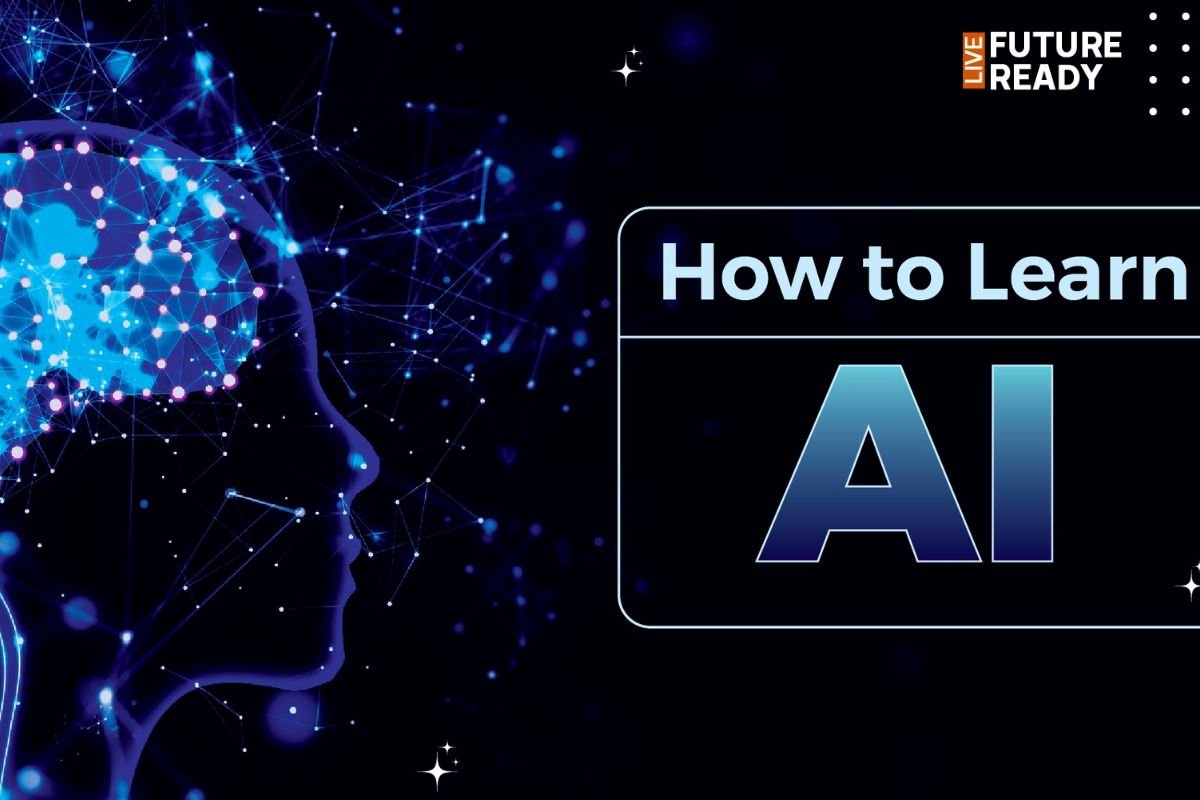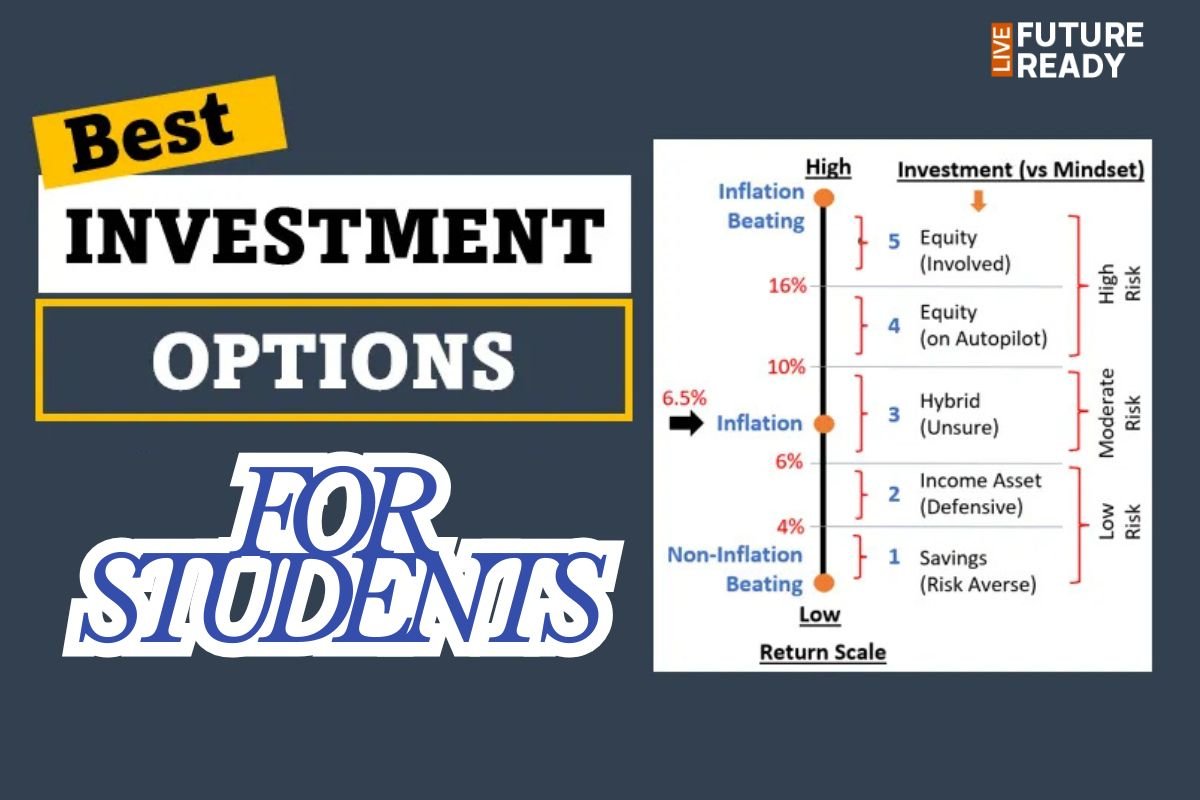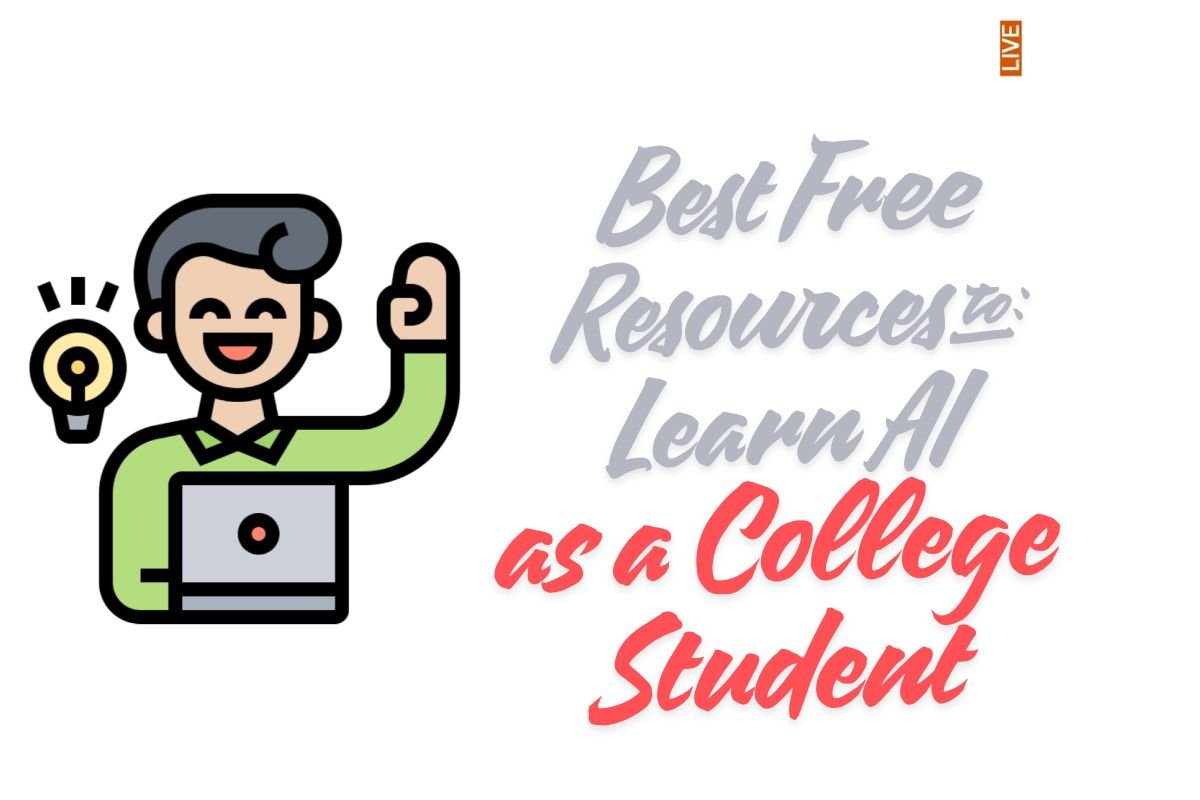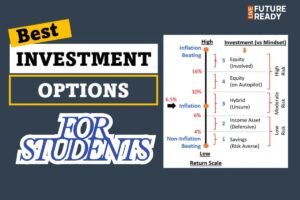Artificial Intelligence is rapidly reshaping every industry, opening up a world of opportunities for beginners eager to break into the field—even with little or no prior experience. Whether you’re a student, recent graduate, or career changer, there are entry-level AI jobs that help you gain vital hands-on experience and kickstart a rewarding, future-proof career.
Below, you’ll find the most accessible AI roles, the core skills they require, and practical tips to help you land your first job in AI.
1. AI Internships
What It Involves:
AI internships let you get your foot in the door with hands-on tasks—building and training models, analyzing data, and collaborating with AI projects. These positions are available at startups, major tech companies, and research labs, often catering to students or fresh graduates.
Skills Needed:
-
Basic programming (Python)
-
Knowledge of data analytics or machine learning concepts
-
Willingness to learn and adapt
2. Junior Data Analyst
What It Involves:
Junior Data Analysts clean, analyze, and interpret data using tools like Excel, SQL, or Python. They help organizations make data-driven decisions and often work closely with data scientists and AI teams.
Skills Needed:
-
Data analysis (Excel, SQL, Python)
-
Data visualization tools (Tableau, Power BI)
-
Critical thinking
3. Machine Learning Intern
What It Involves:
This role helps you understand the entire machine learning pipeline—data collection, model development, evaluation, and deployment. You’ll support senior ML engineers or researchers with foundational tasks.
Skills Needed:
-
Statistics and ML basics
-
Programming (Python, scikit-learn)
-
Curiosity and collaborative mindset
4. AI Support Specialist
What It Involves:
AI Support Specialists troubleshoot AI-powered platforms, resolve customer issues, test new features, and communicate solutions clearly.
Skills Needed:
-
Understanding of AI tools or applications
-
Strong communication skills
-
Problem-solving ability
5. Research Assistant (AI Labs or Universities)
What It Involves:
Research Assistants help in literature reviews, data prep, running experiments, or supporting academic publications in AI.
Skills Needed:
-
Analytical mindset
-
Research and documentation skills
-
Basic Python or R knowledge is a plus
6. Data Labeling Specialist (AI Trainer/Annotator)
What It Involves:
Data Labeling Specialists curate and annotate data sets for training AI models (e.g., labeling images for computer vision).
Skills Needed:
-
Detail-oriented
-
Familiarity with computers and spreadsheets
-
No advanced technical skills required
7. Prompt Engineer (Emerging Role)
What It Involves:
Prompt Engineers create effective prompts for generative AI tools (like ChatGPT), helping models output the desired responses.
Skills Needed:
-
Creative thinking
-
Good written communication
-
Understanding of AI language models
8. AI Content Writer
What It Involves:
Content Writers create and edit material—tutorials, blog posts, FAQs—explaining AI topics for audiences of varying skill levels.
Skills Needed:
-
Communication and writing
-
Digital research skills
-
Interest in technology trends
9. Junior AI Product Tester
What It Involves:
You test AI products and features, find bugs, and provide feedback to improve tools before they’re publicly released.
Skills Needed:
-
Critical thinking and observation
-
Systematic documentation
-
Enthusiasm for tech and user experience
10. Entry-Level AI Software Developer
What It Involves:
With some programming background, you can join as a junior developer, writing simple code to support AI solutions.
Skills Needed:
-
Python/Java/JavaScript programming
-
Basic understanding of data structures
-
Willingness to learn advanced tools on the job
How to Break Into AI: Tips for Beginners
-
Learn the basics: Focus on Python, math fundamentals, and AI concepts with free online courses or certifications.
-
Work on projects: Build mini-projects and share them on GitHub to demonstrate your skills.
-
Network: Join AI meetups, online communities, and look for internships or volunteer opportunities.
-
Customize your resume: Highlight transferable skills and any relevant coursework, certificates, or personal AI projects.
-
Apply widely: Don’t hesitate to apply for jobs even if you only meet some criteria—entry-level roles are designed for learning and growth.
AI rewards curiosity, adaptability, and continuous learning. Start small, pursue hands-on experience, and you’ll be well on your way to a successful career in artificial intelligence—even as a beginner.
Read more on our website: Future Ready, your go-to platform for the best educational content and latest updates.
Also Read More Related Blogs :-




















